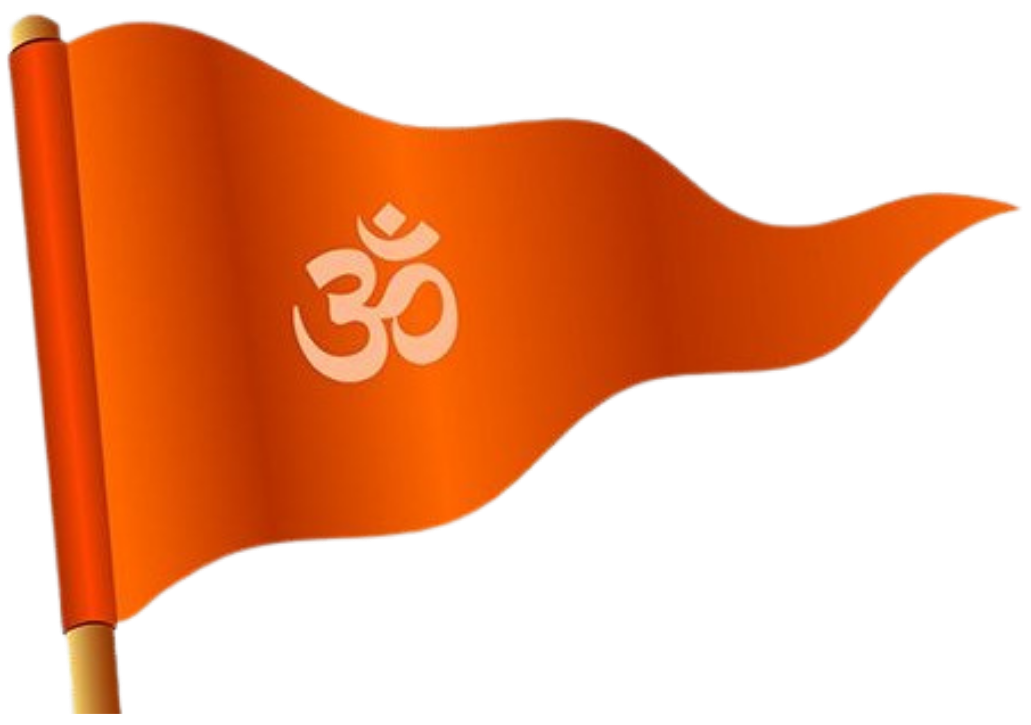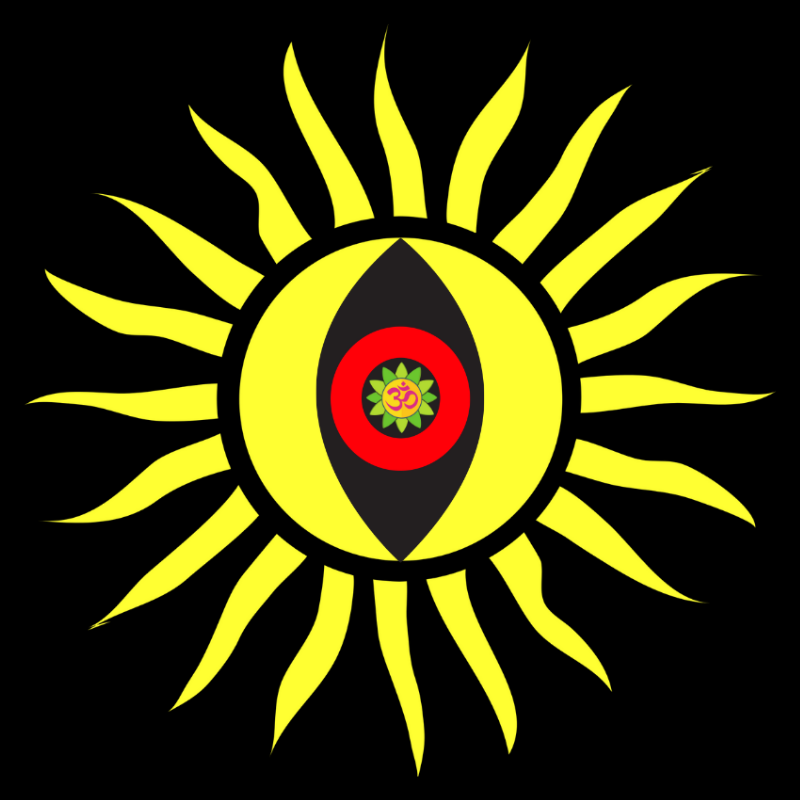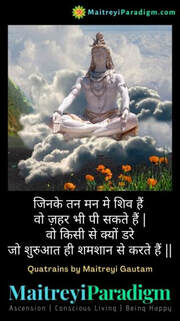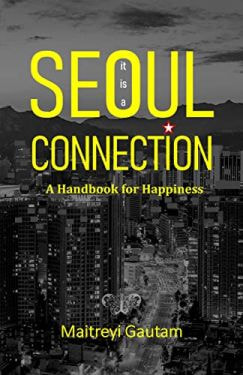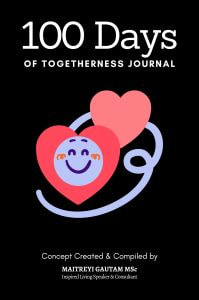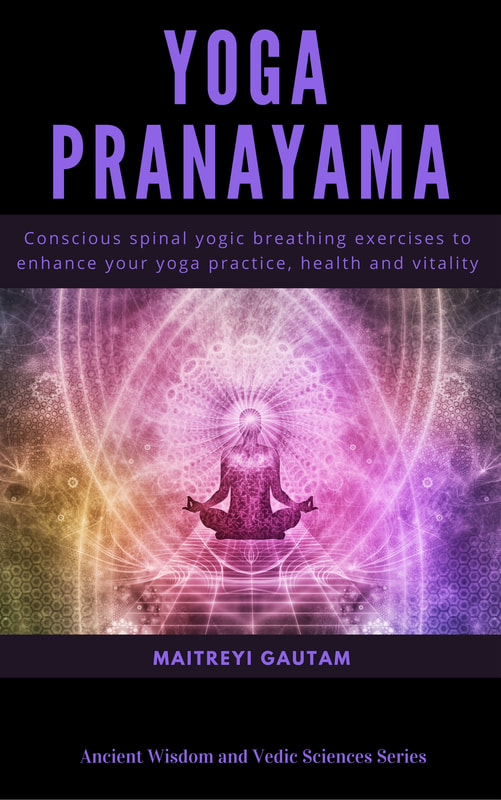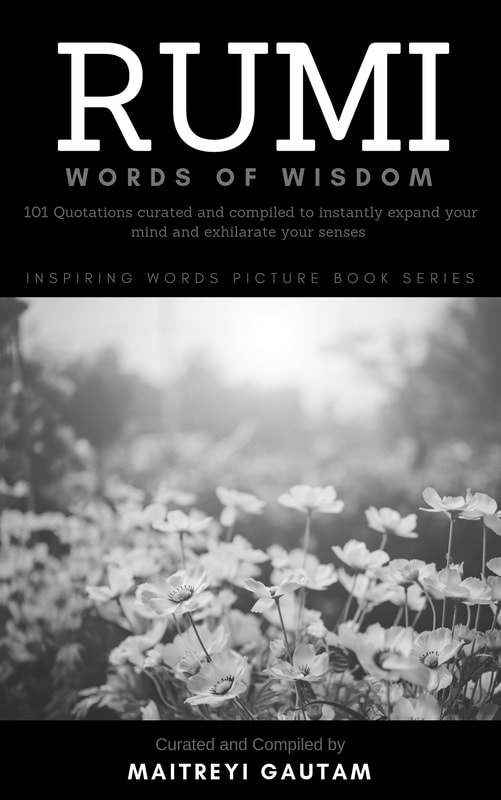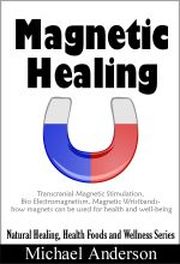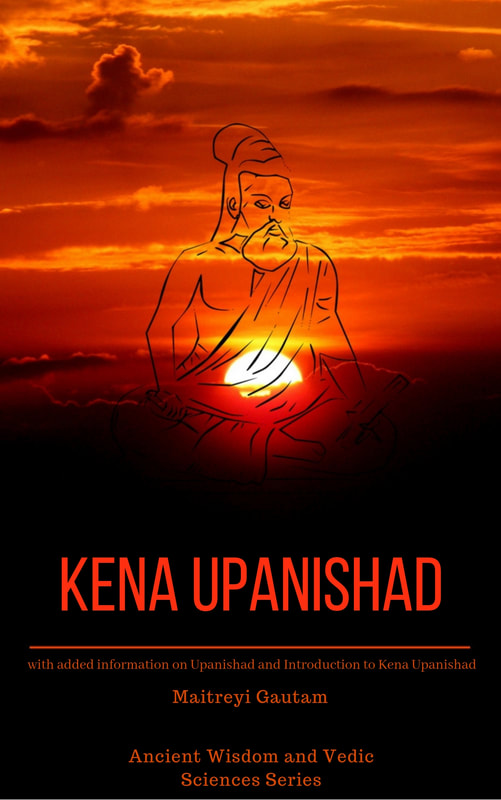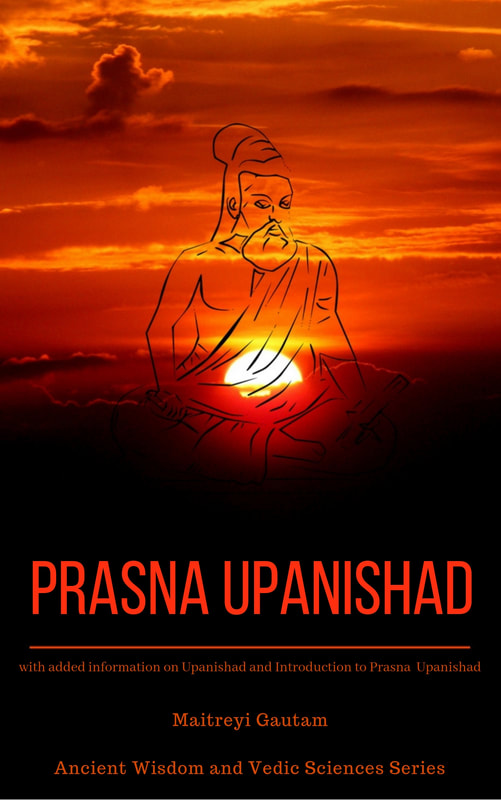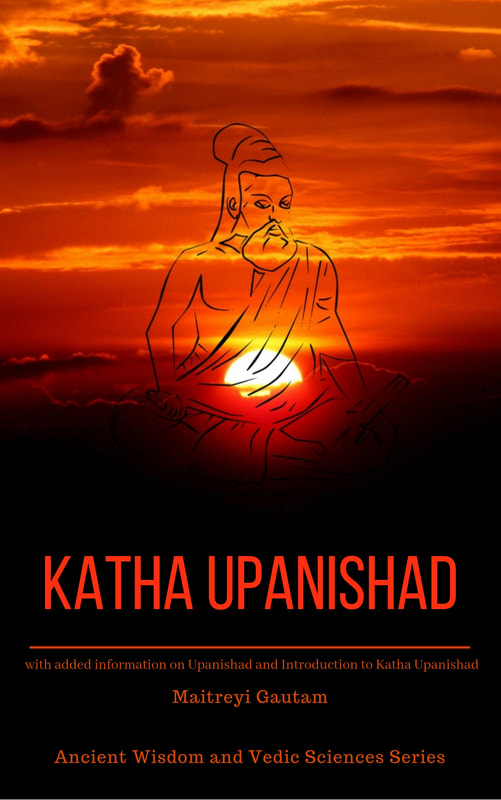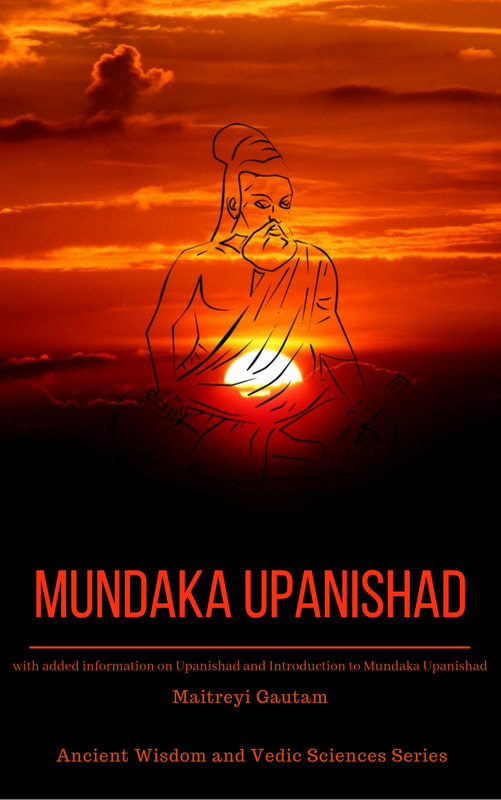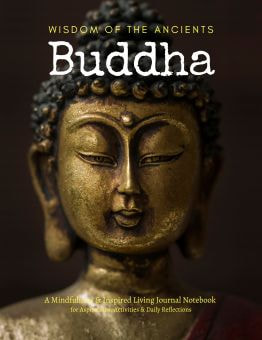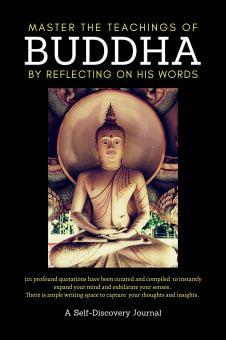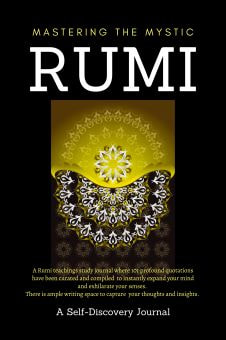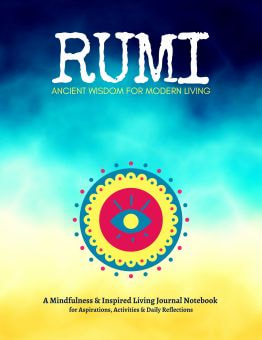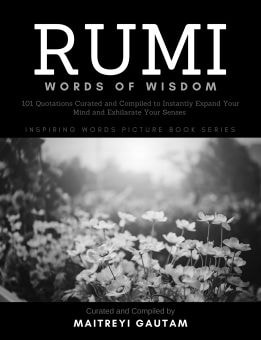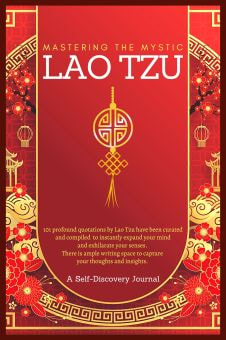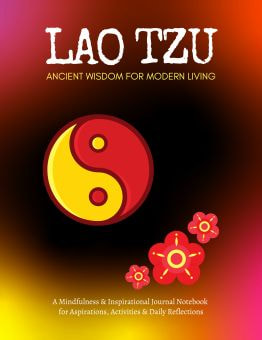In Indian classical music, ragas are specific melodic structures that are considered to evoke certain emotions and feelings in listeners. While there is no scientific evidence that specific ragas can heal physical or emotional ailments, many people believe in the therapeutic power of ragas.
Here are a few examples of Hindustani ragas and the emotional responses they are traditionally believed to evoke:
Furthermore, music therapy should not be used as a replacement for traditional medical treatments. If you are interested in using music as a therapeutic tool, it may be helpful to work with a certified music therapist who can tailor a treatment plan to your specific needs and preferences.
As always, consult with a healthcare professional before making any changes to your treatment plan. Music can be a powerful tool for self-expression and emotional healing, but it should be used in conjunction with other forms of therapy and medical treatment.
Here are a few examples of Hindustani ragas and the emotional responses they are traditionally believed to evoke:
- Raga Bhairavi: Often played in the early morning hours, this raga is known for its serene and devotional nature. It is said to help create an atmosphere of calm and peace, evoking feelings of devotion and surrender.
- Raga Yaman: This raga is known for its uplifting and joyous nature. It is played in the evening and is said to help elevate one's mood and inspire a sense of contentment and joy.
- Raga Darbari: This raga is known for its deep and soulful nature. Often used to evoke feelings of introspection and contemplation, it is believed to be particularly effective in helping to alleviate feelings of sadness and melancholy.
- Raga Malkauns: This raga is known for its serene and calming nature. It is said to help relax the mind and body, and is often used to help with insomnia.
- Raga Shree: This raga is known for its majestic and regal nature. It is said to help boost confidence and self-esteem.
- Raga Neelambari: This raga is believed to have a soothing and calming effect, making it an excellent choice for inducing peaceful sleep. It is said to help relax the mind and body, and is often used to help with insomnia.
- Raga Bageshri: Known for its romantic and sentimental nature, this raga is said to evoke feelings of love and longing. It is often used to help alleviate feelings of loneliness and heartache.
- Raga Todi: This raga is known for its melancholic and introspective nature. It is said to help evoke feelings of introspection and contemplation, making it a good choice for times of reflection and self-discovery.
- Raga Hamsadhwani: This raga is known for its joyous and uplifting nature. It is said to help elevate one's mood and inspire a sense of happiness and contentment.
- Raga Bihag: This raga is known for its romantic and passionate nature. It is said to evoke feelings of love and desire, making it a good choice for times of romance and intimacy.
Furthermore, music therapy should not be used as a replacement for traditional medical treatments. If you are interested in using music as a therapeutic tool, it may be helpful to work with a certified music therapist who can tailor a treatment plan to your specific needs and preferences.
As always, consult with a healthcare professional before making any changes to your treatment plan. Music can be a powerful tool for self-expression and emotional healing, but it should be used in conjunction with other forms of therapy and medical treatment.

